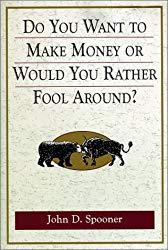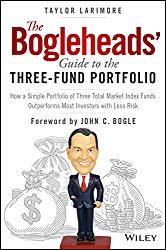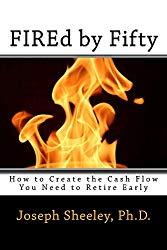Many people manage their 401k accounts poorly. The majority manage them adequately. A few manage them well. Then there are the investing ninjas. Investing ninjas do everything right to ensure themselves the maximum return and a more than comfortable retirement. Being an investing ninja takes a little more time than just being an adequate or a good investor, but not that much more time. Here are the secrets of the investing ninja:

(Note, if you click on a link in this post and buy something from Amazon
1. An investing ninja researches investing choices. A ninja takes some time on the website of its 401k management company and learns his choices. He finds what types of assets the funds invest in, including stocks

2. An investing ninja minimizes fees. While finding out her choices, the investing ninja finds out the fees for each of the funds in each of the different categories. She then zeros in on the fund in each category that has the lowest fees. She knows that over long periods of time high fees mean lower returns.
3. An investing ninja maximizes growth while he is young. An investing ninja knows that he can have more stability – meaning that the value of his 401k account will fluctuate less – if he includes 20-30% bonds

4. An investing ninja diversifies. An investing ninja may concentrate in stocks while she is young, but she knows that different sectors of the market do well at different times. She therefore spreads her money out among large and small stocks. She may also add some international stocks in case US stocks suffer a rough patch or currency exchange rates cause international stocks to do better. She knows that she cannot predict which sector of the market will be doing well at any given time, so she buys into all of them.

5. An investing ninja stays the course. An investing ninja knows that most people lag market returns significantly because they buy after stocks have risen and sell after they drop. He knows that he can’t time the market
6. An investing ninja rebalances. While he doesn’t let market circumstances dictate his moves, an investing ninja checks the ratios of her portfolio that she has in each sector of the market and rebalances periodically. If she plans to have 30% in small stocks but they do so well that she has 40%, she sells shares and buys more shares of other funds in her 401k. Most fund providers have tools to allow the investor to do this very easily. She only balances about once per year, perhaps in December or perhaps on a memorable date like her birthday.
7. An investing ninja plays it safe near retirement. An investing ninja doesn’t want to work any longer than he has to, so he starts to shift into more bonds and fixed income as he gets into his mid-fifties and early sixties. He may even sell some shares and hold enough cash to last him for a few years at the start of retirement so that a sudden market downturn doesn’t jeopardize his future returns. He knows that he can tolerate market fluctuations far less once he is actually living on investment income. If his portfolio is far larger than he needs for current income, he plays it safe with the portion needed to cover expenses and invests the rest for growth.
So there you have it. Are you going to be an average investor, or are you going to be an investing ninja with your 401k? It’s up to you.
Before you can start investing, you need money to invest. Please check out my latest book, FIREd by Fifty: How to Create the Cash Flow You Need to Retire Early

Have a burning investing question you’d like answered? Please send to[email protected] or leave in a comment.
Follow on Twitter to get news about new articles. @SmallIvy_SI
Disclaimer: This blog is not meant to give financial planning or tax advice. It gives general information on investment strategy, picking stocks, and generally managing money to build wealth. It is not a solicitation to buy or sell stocks or any security. Financial planning advice should be sought from a certified financial planner, which the author is not. Tax advice should be sought from a CPA. All investments involve risk and the reader as urged to consider risks carefully and seek the advice of experts if needed before investing.
